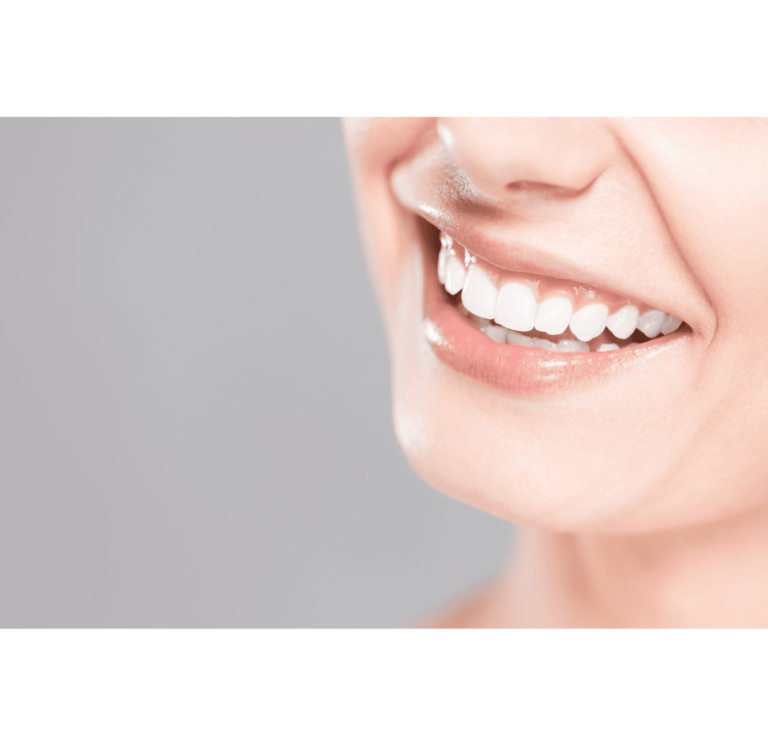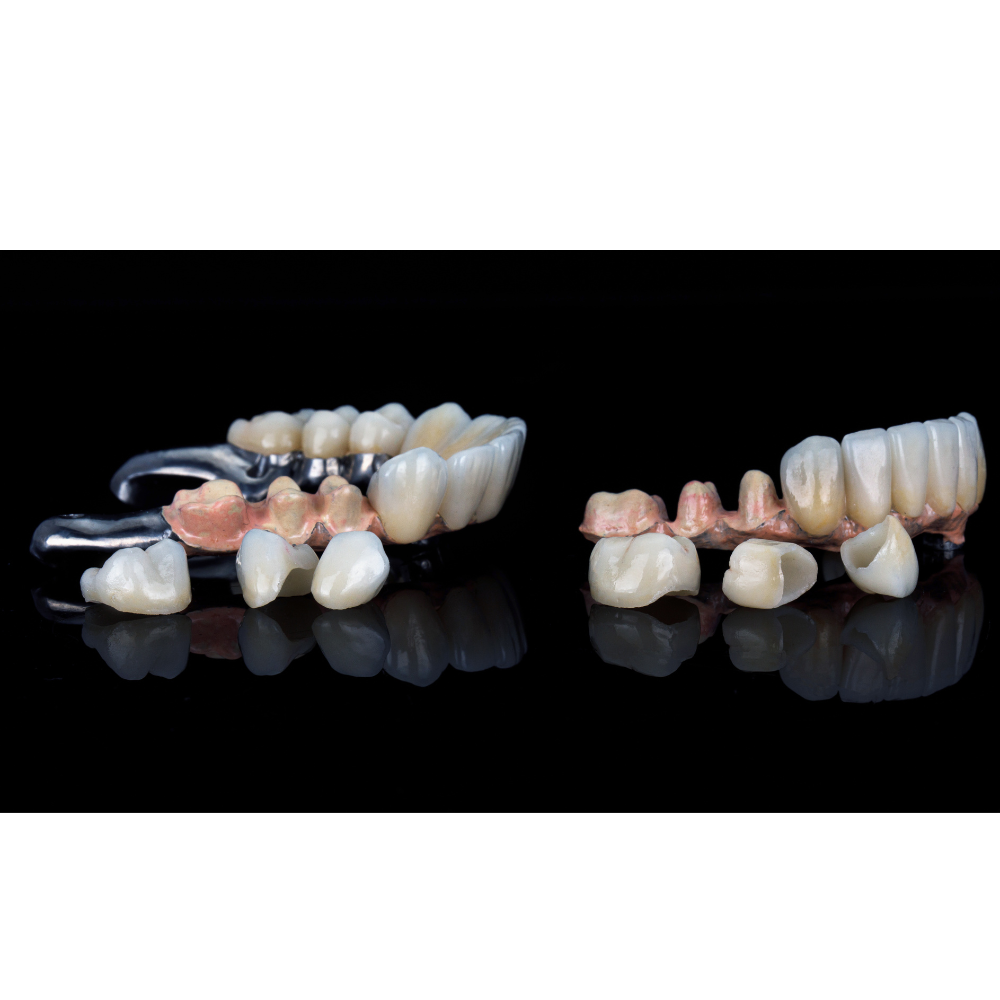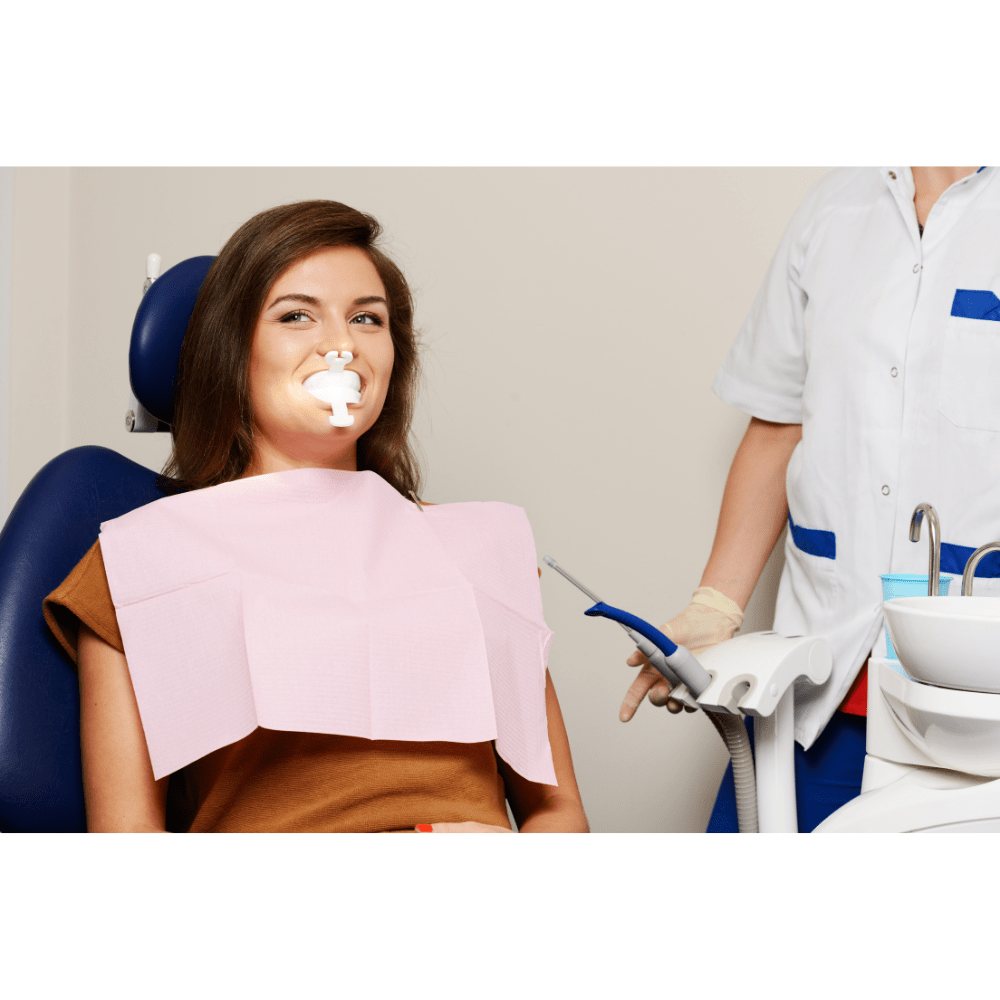How to Whiten Teeth Bonding | Know the Art
A bright and radiant smile boosts confidence and leaves a lasting impression. A shining white smile is sometimes challenging for people with teeth bonding. Teeth bonding is a cosmetic dental procedure used to repair and fix chips, cracks, or gaps, which can become discolored over time because of different factors like smoking, devouring pigmented food sources, or lacking oral cleanliness.
The best ways to whiten teeth, from innovative dental treatments to home remedies, are discussed here. Whether you’re looking for a quick touch-up or a more intensive whitening solution, this guide will help you with the knowledge needed to achieve a radiant smile and maintain ideal dental health. Before knowing how to whiten teeth bonding, let’s know whether you can opt to whiten teeth bonding or not.
Can You Whiten Teeth that are Bonded?
Yes, You can whiten bonded teeth, but you must take good care of them. The composite resin used in bonding doesn’t respond to traditional whitening methods the same way as natural teeth.
Professional dental whitening treatments directed by a dentist can be effective. They use specific whitening agents and techniques custom-made to the bonded teeth and ensure both safety and effectiveness. Let’s discuss what you can do to whiten your bonding teeth.
How to Whiten Teeth Bonding
The whitening treatments are custom-designed for bonded teeth, along with carefully selected at-home whitening kits. Some methods that you can try to help whiten the bonded teeth include;
- Professional Whiten method.
- Composite Resin Replacement.
- Microabrasion.
- Polishing.
- Whitening Strips or Pens.
It is essential to maintain good oral hygiene and avoid staining agents to preserve the bonding’s integrity and prolong the whitening process.
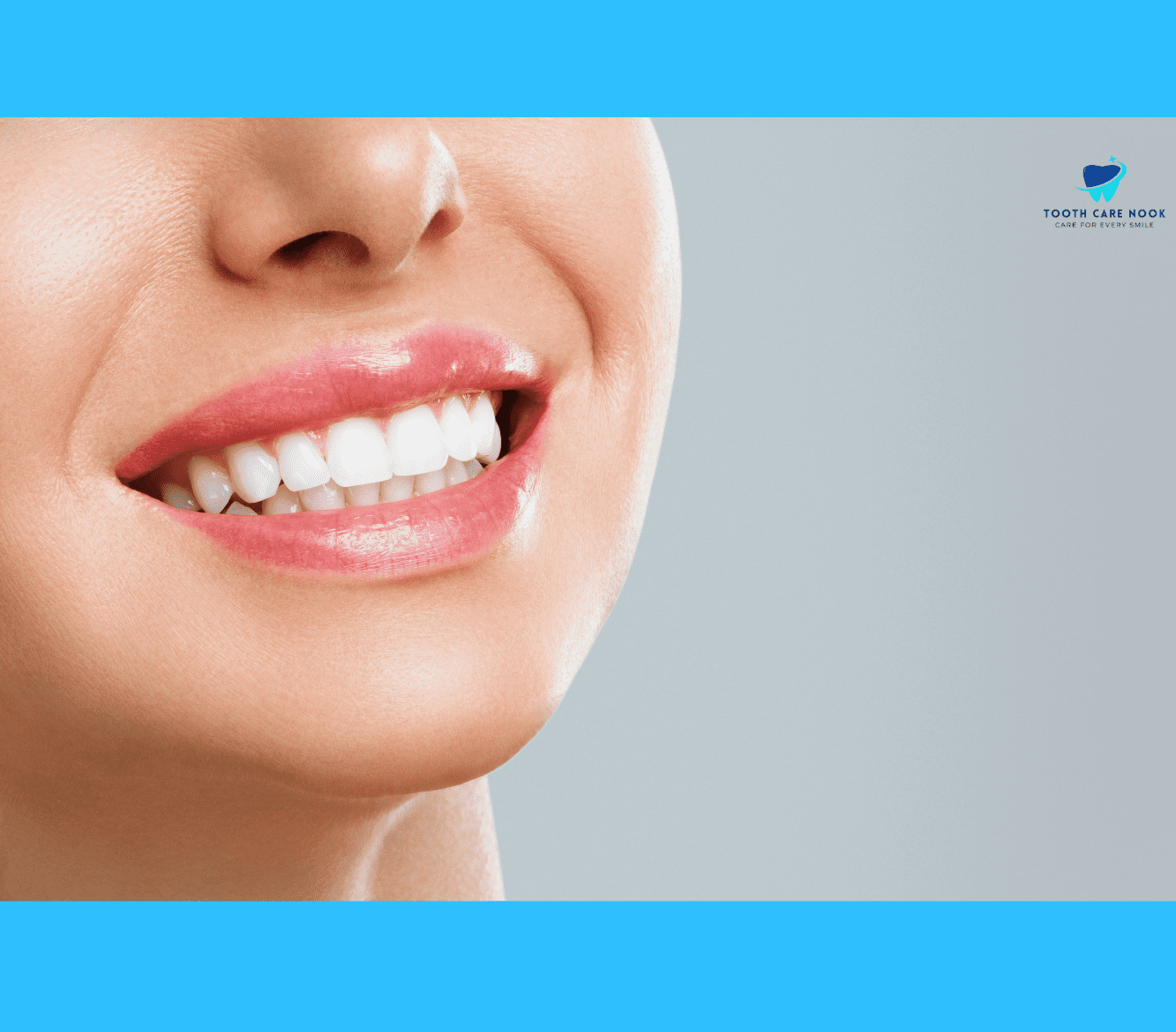
Ways to Do Whiten Bonded Teeth at Home
- Teeth whitening gels are designed specifically for bonded teeth which you can easily obtain from your local pharmacy.
- Whitening toothpaste and whitening strips are also formulated for bonded teeth and are convenient for purchase to whiten bonded teeth at home.
You can increase the effectiveness of both methods by combining them; for example, you can use whitening strips or gels twice daily for 30 minutes each session, while brushing your teeth twice daily with whitening toothpaste.
Expert’s Tips To Take Care of Your Dental Whitening Bonding
Practice Good Oral Hygiene: To maintain the whitening bonding on teeth, brush your teeth at least twice a day with fluoride toothpaste and floss every day. It also eliminates plaque development and keeps up with your dental whitening bonding.
Use a Soft-Bristled Tooth Brush: You should use a soft-bristled toothbrush to prevent abrasive damage to the bonding material while effectively cleaning your teeth and gums.
Consider a Mouthguard: If you grind your teeth at night or participate in physical games, must wear a mouthguard it will help you protect your dental bonding from damage or premature wear.
Avoid Biting on Hard Objects: Cease biting on hard items like ice, pens, or fingernails to take good care of your dental whitening bonding, as this will cause chipping or breaking of the bonding material.
Avoid (DIY) Teeth Whitening Solutions: DIYs can potentially harm your teeth and compromise adherence to bonding. Instead, you can use professional teeth whitening options or teeth whitening gels which are specifically designed for teeth with bonding.
Effects of Teeth Whitening with Bonding
Teeth whitening with bonding can yield positive aesthetic outcomes by upgrading your smile and boosting your confidence. While whitening can make a more uniform color across all teeth, including those with bonding, there might be a noticeable color difference between bonded and natural teeth.
Moreover, the integrity of the bonding material can be compromised if you don’t take proper precautions during teeth whitening with bonding, which potentially will lead to chipping or cracking. Temporary tooth sensitivity can also occur, specifically in the whitening bonding on teeth.
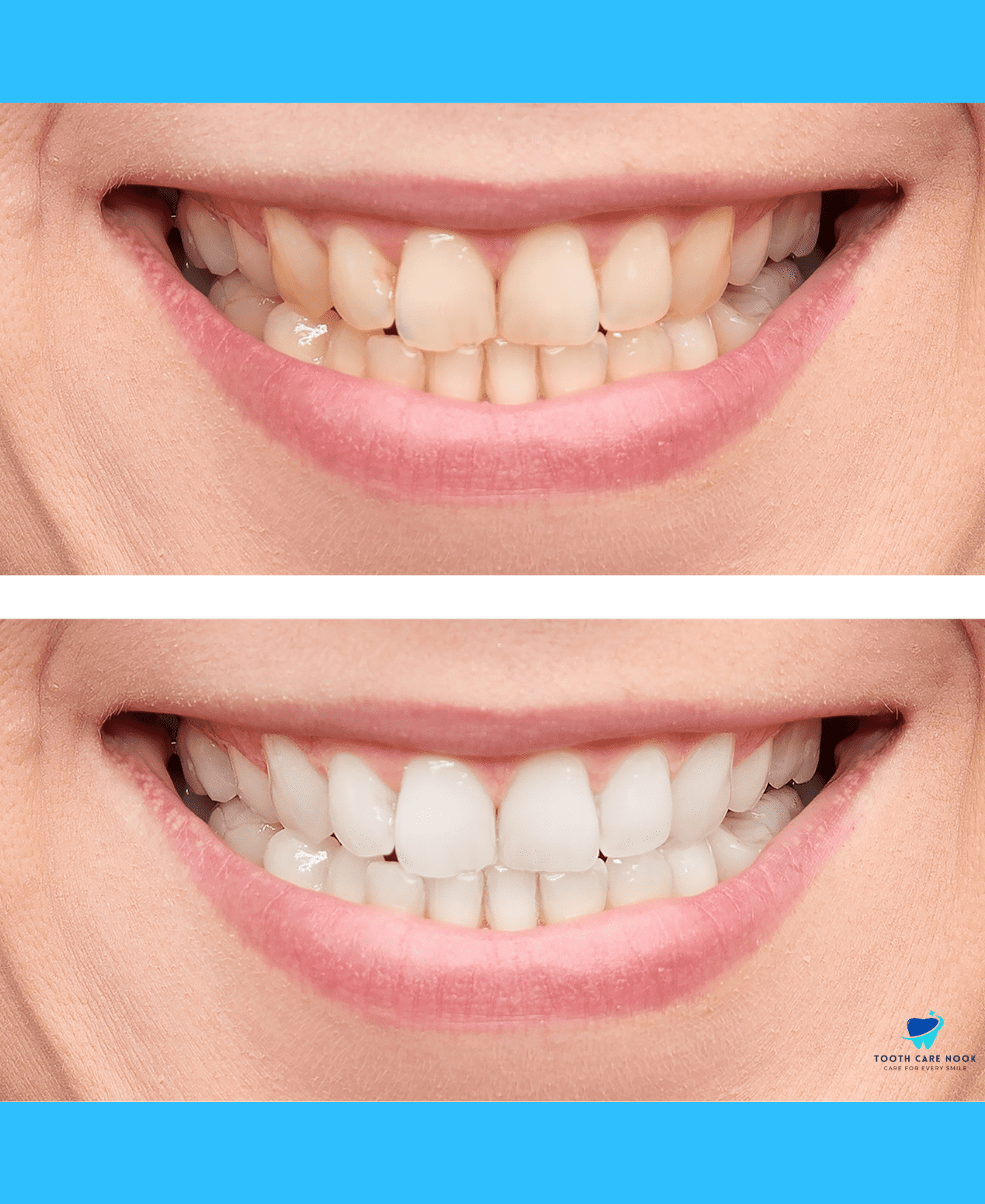
What is Composite Bonding
Composite bonding also called dental bonding is a flexible treatment used to address minor dental imperfections and enhance the aesthetics of teeth. Normally, it is composed of resin material to repair chips, and cavities, fill gaps, or conceal staining.
This resin is skillfully matched to the natural color of your teeth and provides a consistent restoration. Because of its pliability, dental specialists easily manipulate the resin to achieve the desired look by making it an excellent option for restoring the appearance of your teeth.
An alternative to composite bonding is veneers which are personalized ceramic shells intended to attach to the front surfaces of your teeth. To apply them, your dentist usually needs to eliminate a portion of your natural enamel. Once veneers are installed, they are considered permanent and cannot be reversed.
How to Whiten Composite Bonding
To whiten composite bonding use professional whitening toothpastes made specifically for composite bonding. Always maintain good oral hygiene and avoid staining substances for long-lasting outcomes.
FAQs
Can bonded teeth turn yellow?
Yes, bonded teeth can turn yellow with time because of various factors such as smoking, exposure to staining substances like coffee, and tea, or because of insufficient oral hygiene.
Does baking soda whiten bonded teeth?
Baking soda does not effectively whiten the bonded teeth but it can help remove surface stains from bonded teeth.
Can you remove stains from bonded teeth?
Yes, you can remove stains from bonded teeth by getting professional cleaning procedures from your dentist.
How do you fix a discolored bonded tooth?
You can fix a discolored bonded tooth with professional whitening treatments, replace the bonding material, or opt for veneers. It depends on the extremity of the discoloration and your specific dental needs.
Can bonded teeth be bleached?
Yes, bonded teeth can be bleached. But this is a must to know that during the bonding process when you bleach your bonded teeth, the color of bonded material will not change.
This means that if the bonded material matches the current shade of your teeth, bleaching will result in a color difference between the normal tooth structure and the bonded material.

